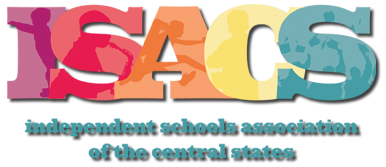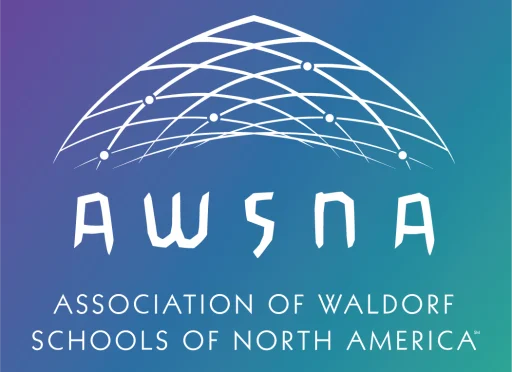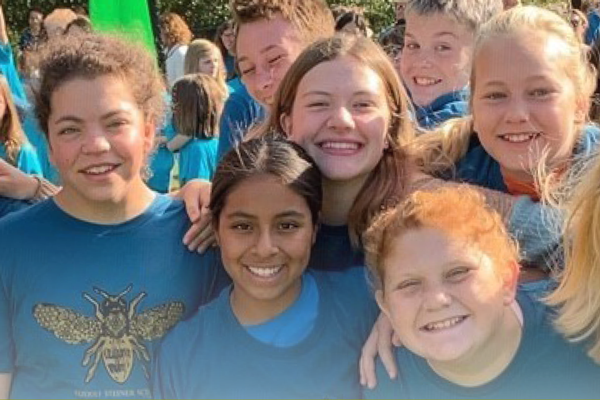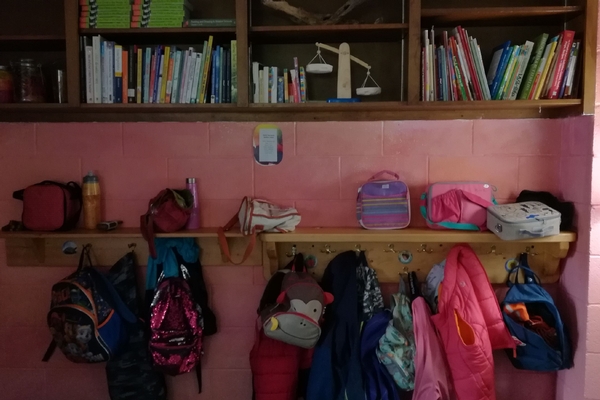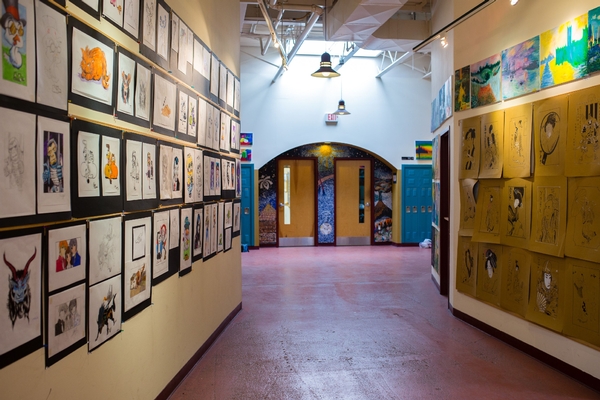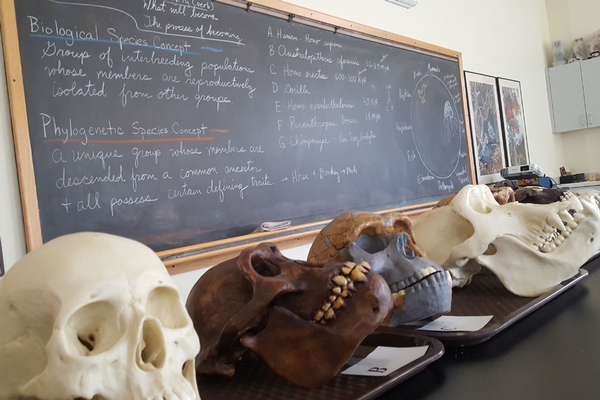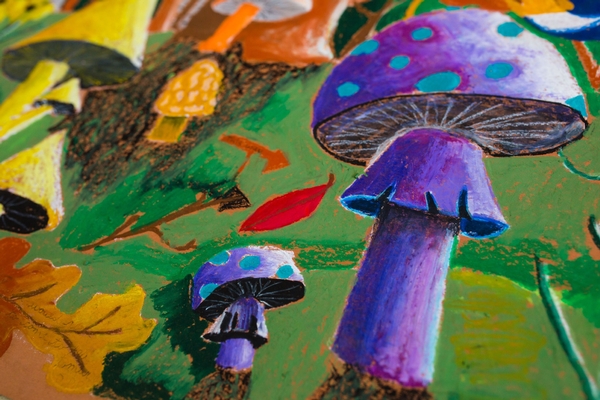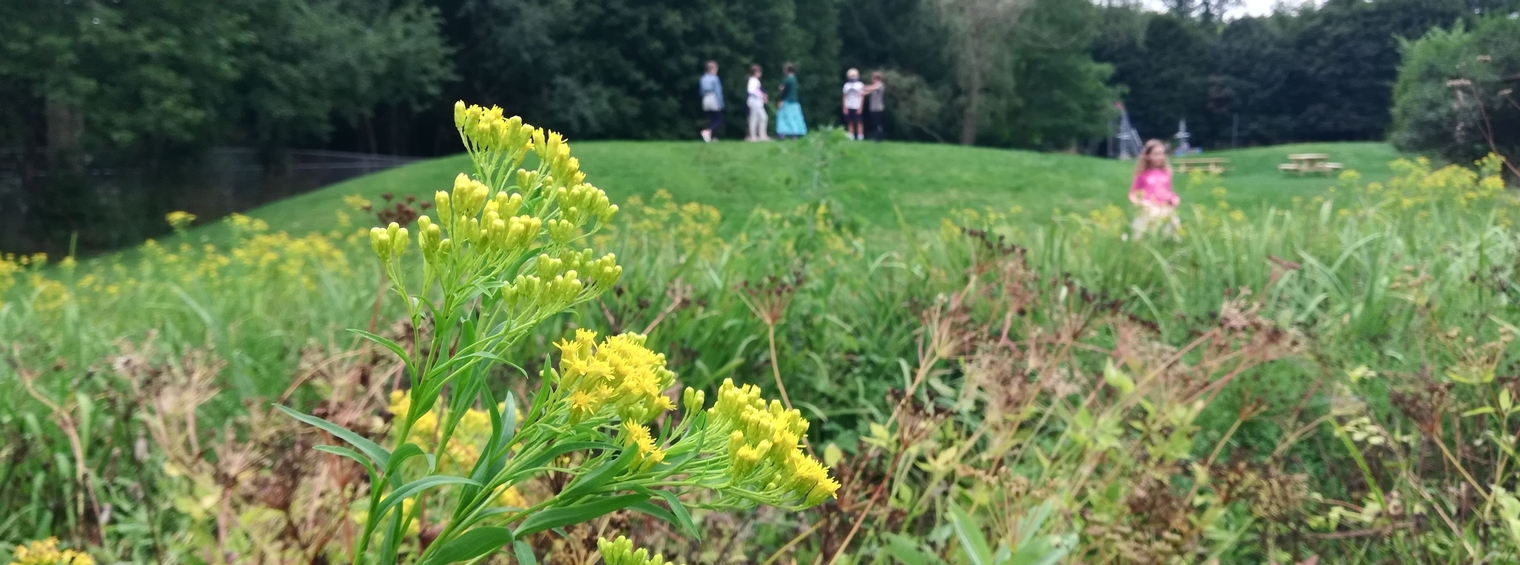

Through an inspired, uniquely-integrated Waldorf curriculum, we start by meeting the needs of the developing young child, then empower students through the grades and the high school years. From early on, our students thrive in a joyful and engaging atmosphere that fosters clear thinking, innovation, open-mindedness and compassion. Even starting at a very young age, children at our school are well prepared for each new step in their education and for every stage of their personal development.
In our PreK and Kindergarten classes children are encouraged to explore, imagine and create. They build social skills and personal confidence. Myriad capacities develop that become the firm foundation for future academic, social and personal success. Whether your child begins Rudolf Steiner School of Ann Arbor in the PreK, Kindergarten, third grade, seventh grade or high school, it will quickly become abundantly clear that a Waldorf Education is the right decision.
Our Mission Statement
At Rudolf Steiner School of Ann Arbor, we nurture children in their growth from Early Childhood through Grade 12. Our curriculum engages the head, heart and hands, inspiring curiosity, thinking, empathy and initiative. Our graduates enter adulthood with confidence and self-knowledge, a deep interest in other people, and an understanding of the world; prepared to thrive in higher education and their adult lives.
- We recognize that children’s needs, interests, strengths and challenges evolve from their early childhood years through high school graduation. Our curriculum is consciously designed to best meet each developmental stage as children grow, providing the right experience at the appropriate time.
- We seek to work together in ways that increase the diversity of our school community and promote equity and inclusion for all community members regardless of race, ethnicity, religion, financial means, sexual orientation, sexual identity, gender, or disability status. This includes ensuring that we have a continually evolving curriculum that meets all our students.
- Relationships are what make our work possible – between students and teachers, among classmates, among faculty members, between all community members – and we consciously strive to foster and support healthy relationships in all areas of our community.
- Human beings are individuals with their own personal strengths, challenges, and interests. We seek to meet each community member with love and care, ensuring that there is flexibility and support in our classrooms, policies and practices, and community expectations.
- Children are best supported when there is partnership between home and school. We seek to provide parent support, education and engagement, and we ask that parents collaboratively work with teachers in the same way.
- Each community member is a whole human being: body, soul and spirit. Our faculty and staff members draw insight and inspiration from the work of Rudolf Steiner and Anthroposophy.
- Through our curriculum, policies, employment agreements, community expectations and services beyond the classroom we strive to fully engage all community members and create a culture of purposeful activity and joy.
- Through our community life we respect and support the inner development and growth of our community members, sharing the celebration of festivals, athletic competition, artistic work and study.
- Collaboration and shared responsibility are the foundations of our school governance and leadership model. We work with consensus within all governance groups. We are committed to a transparent and cooperative process for all significant decisions in the school.
A Pioneering Spirit
On September 4, 1980, Rudolf Steiner School of Ann Arbor (RSSAA) opened its doors to Grades 1-4. Those doors belonged to a small three-room building on Packard Road near historic Cobblestone Farm. Behind the school’s opening were decades of work in the community by many people, including Dr. Ernst Katz (Prof. Emeritus of Physics, University of Michigan) and Mrs. Ruth Nilsson, a parent and teacher who was instrumental in founding the school. By the third year, we had outgrown our space due to increased enrollment and a new kindergarten program. A leased building in York Township on ten acres of land allowed the school to add a new first grade each succeeding year, with the 1984-85 school year marking the first time that the Lower School had its full complement of kindergarten through Grade 8 classes. Since most of our students came from Ann Arbor, the York Township location required us to bus in many of our students and the building did not meet the needs of a K-8 Waldorf program. We were fortunate to have the opportunity to purchase our current Newport Road campus in 1986 from Ann Arbor public schools.
Against All Odds – The Newport Years
After three moves in six years, we finally had a place to call home and room to grow. Steady and rapid growth in enrollment, as well as consistent improvements to the campus and building, continued to reflect the community’s response to the value of our educational program. The growth of the school has been supported by an active parent body that has worked closely with the faculty on tasks such as publicity, fundraising, and recruitment. Such involvement has been essential in helping the school to confront first the challenges of its infancy, and now the new challenges brought by continued growth.
A Vision Realized
Rudolf Steiner High School (RSHS) opened in the fall of 1997 in a leased facility, the Genesis Building on Packard Road, completing the vision of the founding teachers and parents to have a full PreK–12 program. In October 2001, a six-acre property located on Pontiac Trail was purchased to be the permanent home for our growing high school. After extensive renovations to the building and site, the new campus opened for classes in the fall of 2002.
A Place to Call Home
The steady growth of our programs led to the need for expanded space on our Lower School campus. In the fall of 2016 we were proud to open our new middle school building, an airy, light-filled space dedicated to our growing adolescents.
Continued Growth
Our high school celebrated its 20th Anniversary in the 2017-18 school year and we find our school continuing to grow as it meets the needs of the next generation. Supporting our amazing academic programs and offering a home to our championship sports teams is a priority that we’re committed to. The addition of our Athletic & Performance Center and classroom expansion in 2018 solidified that commitment.
In 2019, the worldwide Waldorf community celebrated 100 years of Waldorf education and our community was proud to part of the celebrations. Later that year, the COVID-19 pandemic took hold and our community pulled together to keep our students learning and support each other. We'll be forever grateful to our faculty, staff and families who went so far above and beyond in those unprecedented times.
2022 marked the Silver Anniversary of our high school and 42nd year of Rudolf Steiner School of Ann Arbor. We’ve come a long way and, through the support of our community, have built an amazing institution that continually offers a diverse, comprehensive and enlivened education. We invite you to join us in writing the next chapter of our school’s history.
Jacob Warren, RSSAA Class of 2013
As a musician, my workday is so different every single day. I think that's part of why Waldorf education was so helpful because we explore so many different areas. That really positioned me well for the reality of being a musician, which means that some days you're doing rehearsals and you're practicing, some days you're doing contracts, some days you're doing graphic design, some days you're designing a website, some days you're like learning how to use recording software.
Morgan Cencer, RSSAA Class of 2009
RSSAA gives you a really strong foundation in math and science and that was really helpful in my chemistry research, but the skill I've found surprisingly helpful is actually being able to do art and design. When I write papers in chemistry there are a lot of diagrams. But when I publish my work, I have to get a bit more abstract because I'm working in models instead of actual reactions. Being able to design really good graphics that convey what I'm trying to explain is really helpful in having people understand what I'm doing.
Ben Hadlock, RSSAA Class of 2015
As I’ve gotten older, I’ve realized how much Waldorf education has played a huge role in both my professional and personal development. I want to make sure this education continues to be made available for a wide number of families, which is something I care about deeply.
Celeste Eustis, RSSAA Commencement Speech, 2003, Oberlin College
It is not only poetry, mythology and movement that I have had the privilege of cultivating inside myself. I have been blessed to enjoy the fruits of art, music, math, science and history as well. Each one of these subjects was presented with care and understanding. Knowing that all of the steps along the way are of equal importance, no less important than the final goal. Waldorf education is enlivening and evolving. It was here that I learned there is no end to learning. I revel in the small orchard I now have within myself and am excited for what new seeds may be planted in the future.
Kristen Schmitt, RSSAA Graduate, Brown University Class of 2002
I think I'm a much more idealistic person having gone to Steiner and I'm not sure how they did that or how that ended up coming to be. I've seen that in a lot of my classmates too, they have a real idealistic sense, feel they can do anything and go anywhere.
Kamali Sripathi, RSSAA Graduate, Class of 2004 Honors Program, UM (Plant Biology)
The strong arts education is very good for a mathematically and scientifically inclined child, because it teaches you to think in a different way. Because you are developing both parts of your brain, essentially, it helps with outside-of-the-box thinking. It has helped me make connections between things that most people usually don't. The diversity of the curriculum at Rudolf Steiner High School gave me the academic confidence to try new disciplines at University of Michigan, and to converse with people in many fields.
Annie White RSSAA Class of 2002, George Washington University Class of 2005
The education has fostered a sense of beauty for the tangible world and an appreciation for the aesthetics of learning.
Alex Amrine, RSSAA Class of 2005, Honors Program and UC/21 Scholar, University of Cincinnati
The interconnected curriculum at Rudolf Steiner High School gave me the mindset to interpret complex data. I am also able to find the connections between seemingly very different subjects. I can go to my Structures class in the Architecture School, and then to my U.S. History class and see how it all relates.
Karin Roszell, RSSAA Class of 2010
My time at the high school was very rich, and I felt that my classmates and teachers were my second family. The drive to learn from life and those around me, and to give back to those who matter most to me is something that was fostered at Steiner and has motivated my charity work as well as urged me to pursue a career in healthcare.
Evan Schmitt, RSSAA Class of 2001
There is no doubt in my mind that a Waldorf education will teach you to think in a unique way, and this is a measurable advantage as you apply for college and when you enter into the workforce.
Erin Gold, RSSAA Class of 2008
My Steiner education made me a globally minded citizen, without me even being aware of it; the type of history we studied, the myths we learned, the languages...
Ideas & Ideals...
Here are some articles, blogs and links to information supporting the ideas and ideals of our school and Waldorf education. We hope that this content will give you more insight into how our education helps develop young people who can change the world!
Our teachers love what they do and it shows! Students are the focus, not grades, and that gives teachers the freedom to build relationships with students that fully support academic growth as well as social/emotional health.
Social and Emotional Learning may sound soft, but it’s backed up with hard facts.
A Columbia University study found that every dollar invested in SEL programming yields $11 in long-term benefits. These benefits include reduced juvenile crime, higher lifetime earnings, and better mental and physical health.
A 2017 study uncovered the long-term impact of SEL programming, which can have a positive impact up to 18 years later on academics and behaviors.
Previous studies show that 57% more students in schools with an SEL program improved their skills compared to students in schools without an SEL program, 27% more improved their academic performance, and 24% more improved their emotional well-being and social behavior.
Social-emotional learning is a foundation of Waldorf education. Waldorf schools are known for their welcoming and inclusive environment. Teachers are trained to recognize the unique individual and encourage each student to realize their full potential. Students have the same teacher for multiple years, which fosters a strong student-teacher bond built on mutual trust and respect.
Strong, supportive student-teacher relationships are at the center of our educational approach. Every school day starts with the class teacher greeting each student at the door to their classroom, looking them in the eye, and shaking their hand. Our class teachers move through the grades with their class, staying with the students for multiple years. This extended time that our teachers spend with their class means that they are able to be an additional trusted and supportive figure who is invested in their students' long-term success. They come to really know each student. They know their strengths, their challenges, their unique learning styles. They are able to see the arch of each student’s academic, and social development.
New York Times: Motivation flourishes where students feel autonomous, supported and competent.
Those who intrinsically motivate (achieving for internal reasons and not external rewards) are happier, smarter and better equipped for learning and life.
Waldorf educators follow many guidelines for fostering intrinsic motivation including: which are referenced in the studies and articles below.
- De-emphasizing grades
- Bringing real-life value to topics (think learning fractions by cutting delicious pizza)
- Supporting and challenging (without overwhelming) students
- Fostering / respecting individual learning styles
- Helping students experience autonomy in the classroom
Articles providing more in depth information:
- The Vanderbilt University Center for Teaching takes a thorough look at advantages and disadvantages of fostering each type of motivation and then looks at motivation’s effects on learning style and teaching strategy.
- Education Week Author and Teacher Larry Ferlazzo highlights six in-depth writings on specific motivation topics such as helping students develop self control and good learning habits.
- Business Psychology offers a research study done on the effects of motivating employees and the results ring just as true for students.
Although the future is uncertain, we're hearing that "the future belongs to generalists" (those with multi-functional experience and "general cognitive ability" over role-related knowledge). This means that kids with a wider breadth of experiences will be better poised to meet the rapidly changing needs of companies, organizations and our society.
Check out our programs to get a feel for the myriad experiences our students receive academically, artistically, musically, culturally and more!
Many people are pleasantly surprised to learn that Waldorf students spend a great deal of time outdoors. While this is especially true of our nursery and kindergarten programs, all the classes at RSSAA work to spend time outdoors each day.
Waldorf teachers in early childhood and elementary grades offer both indoor and outdoor free play time. Free play is play that is not directly lead or organized by an adult or caregiver. This fosters creative imagination and observation skills.
“I believe that Waldorf education possesses unique educational features that have considerable potential for improving all education in America. The time is ripe for the public schools to explore ways in which ideas in Waldorf education might be explored in their own setting.”
Eliot Eisner, Ph.D.
Professor of Education
Stanford University
“I am deeply grateful for Waldorf education, which woke me up and helped me rediscover my imagination.”
Michael Ende
Author of The Neverending Story
“There were three major studies done recently that dealt with the disappearance of childhood in America. If there is any one thing that the Waldorf system does – it nurtures, protects and develops beautifully the intelligence of the true child.”
Joseph Chilton Pearce
Author of Magical Child and The Crack in the Cosmic Egg
“When approached by the news media and asked the question, ‘What did Waldorf education do for you?’ I replied, ‘It encouraged me to always strive to become a better human being.’”
Jens Stoltenberg
Secretary General of NATO

